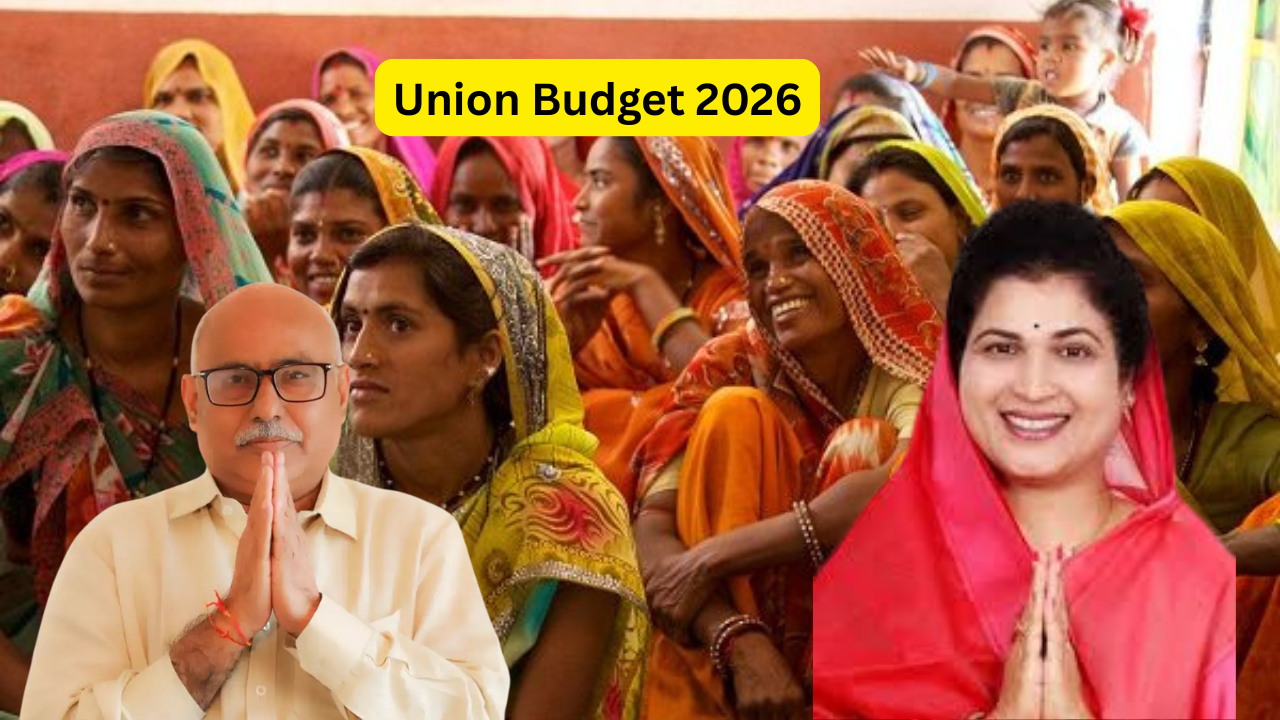Financial inclusion, the concept of providing access to financial services to all members of society, is widely recognized as a crucial driver of inclusive growth. Inclusive growth refers to economic development that benefits all segments of society, particularly the marginalized and underserved populations. Achieving financial inclusion is essential for fostering inclusive growth for several reasons.
Firstly, financial inclusion empowers individuals and communities by providing them with the tools and resources to manage their finances effectively. Access to basic financial services such as savings accounts, credit, insurance, and payment systems allows people to plan for the future, smooth consumption, and mitigate financial risks. For low-income households and small businesses, access to credit can be especially transformative, enabling them to invest in education, healthcare, entrepreneurship, and productive assets.
Secondly, financial inclusion promotes economic stability and resilience. By expanding access to formal financial services, individuals and businesses become less vulnerable to shocks and disruptions. They can better withstand unexpected expenses, cope with income fluctuations, and recover from emergencies or natural disasters. Moreover, access to financial services encourages saving and investment, which contributes to long-term economic growth and stability.
Furthermore, financial inclusion fosters social inclusion and reduces inequality. Marginalized groups such as women, youth, rural populations, and ethnic minorities often face barriers to accessing financial services due to factors like geographic remoteness, lack of documentation, discrimination, and limited financial literacy. By addressing these barriers and expanding access to financial services, financial inclusion helps these marginalized groups participate more fully in the economy, gain economic independence, and reduce disparities in wealth and income.
In addition, financial inclusion stimulates entrepreneurship and job creation, driving economic development and poverty reduction. Small and medium enterprises (SMEs), often referred to as the backbone of many economies, play a significant role in job creation, innovation, and wealth generation. However, access to finance remains a major obstacle for many SMEs, particularly those in underserved or informal sectors. By providing these businesses with access to credit, savings, and other financial services, financial inclusion can unlock their potential, fueling economic growth and creating employment opportunities.
Moreover, financial inclusion promotes digitalization and innovation in financial services, driving efficiency, transparency, and accessibility. With the rise of mobile technology and digital payment platforms, financial services are increasingly being delivered through digital channels, reaching even the most remote and marginalized populations. Digital financial inclusion not only improves convenience and affordability but also opens up new opportunities for financial education, consumer protection, and tailored financial products and services.
In conclusion, financial inclusion is not only a moral imperative but also an economic necessity for achieving inclusive growth. By expanding access to financial services, particularly for marginalized and underserved populations, societies can empower individuals, promote economic stability, reduce inequality, stimulate entrepreneurship, and drive overall economic development. Governments, financial institutions, civil society organizations, and the private sector must work together to overcome barriers to financial inclusion and ensure that everyone has the opportunity to participate fully in the economy and realize their potential.
For more information visit at https://happenrecently.com/zepto/?amp=1
















